Imagination is powerful. Sometimes we use it so often that we neglect fully living in the present. Imagination is frequently used to daydream of a better life or future. Then, again, it can be destructively used when something negative has happened and we imagine a conversation with someone who has hurt or offended or angered us. In this imagined conversation we are triumphant - our powerful words shock the other person into silence as they marvel at the wisdom and truth of what we are saying and are cut to the quick that their words or actions caused us pain. Yeah, right, not likely is it?
However, imagination exercises can be powerful learning tools and I have two to share with you. The first is one I use sometimes in coaching; it helps clients to imagine themselves in the future and to learn from their ‘future self’. It can unlock dreams that we have forgotten or given up on and spur us into action as we access the wisdom our future self passes on to us.
The 2nd exercise is probably more useful to those of faith and I use versions of it during spiritual direction sessions. There are recordings from other spiritual directors on the website to which the link takes you. If you use the one I have done, you may well find it helpful to pause the video to give yourself more time between questions than I managed to do in my first ‘selfie’ recording of such a thing! So - here they are:
Future Self Exercise - take your time to imagine all the scenes
Settle into a comfy chair, close your eyes and imagine that you are about to take a trip into space. You go to the rocket and settle yourself into the chair. Blast off! In a matter of minutes you are able to look out of the window of the rocket and can see our little world far below you; it looks so small within the universe. After a time the rocket returns to the earth - but 20 years have elapsed. You decide to visit your future self - you, 20 years older. The rocket has landed near your future self’s home and you walk towards it. What do you notice - city, town, rural location? You approach the building - what it is like? Then you go to the door and knock. You hear some sound from inside and then the door opens and your future self stands before you. What do you look like? S/He invites you in. Look around you - what kind of a home does your future self inhabit? What is the decor like? What kind of things are within the space - books, ornaments, pictures, lighting etc.? Your future self invites you to sit down and gets some refreshments and you start to talk. What are the questions you want to ask your future self and what are his/her answers? What is the most important bit of advice your future self wants to give you? What is a descriptive name that you want to call your future self?
Now it is time to return to the present. You say goodbye and retrace your footsteps, enter the rocket and travel up into space before returning back to the present. Open your eyes and make notes of the things that seem pertinent and important from this exercise. If this has been a useful exercise for you, you may want to remember it and consider, over coming years, what your future self would advise you at times when you need discernment.
Spiritual Direction exercise
I invite you to play the video - all is explained within it. Bring an issue that is concerning you in some way and allow your imagination to bring some insight into the situation.
https://www.vineyardchurches.org.uk/prayfast/imaginative-prayer/

